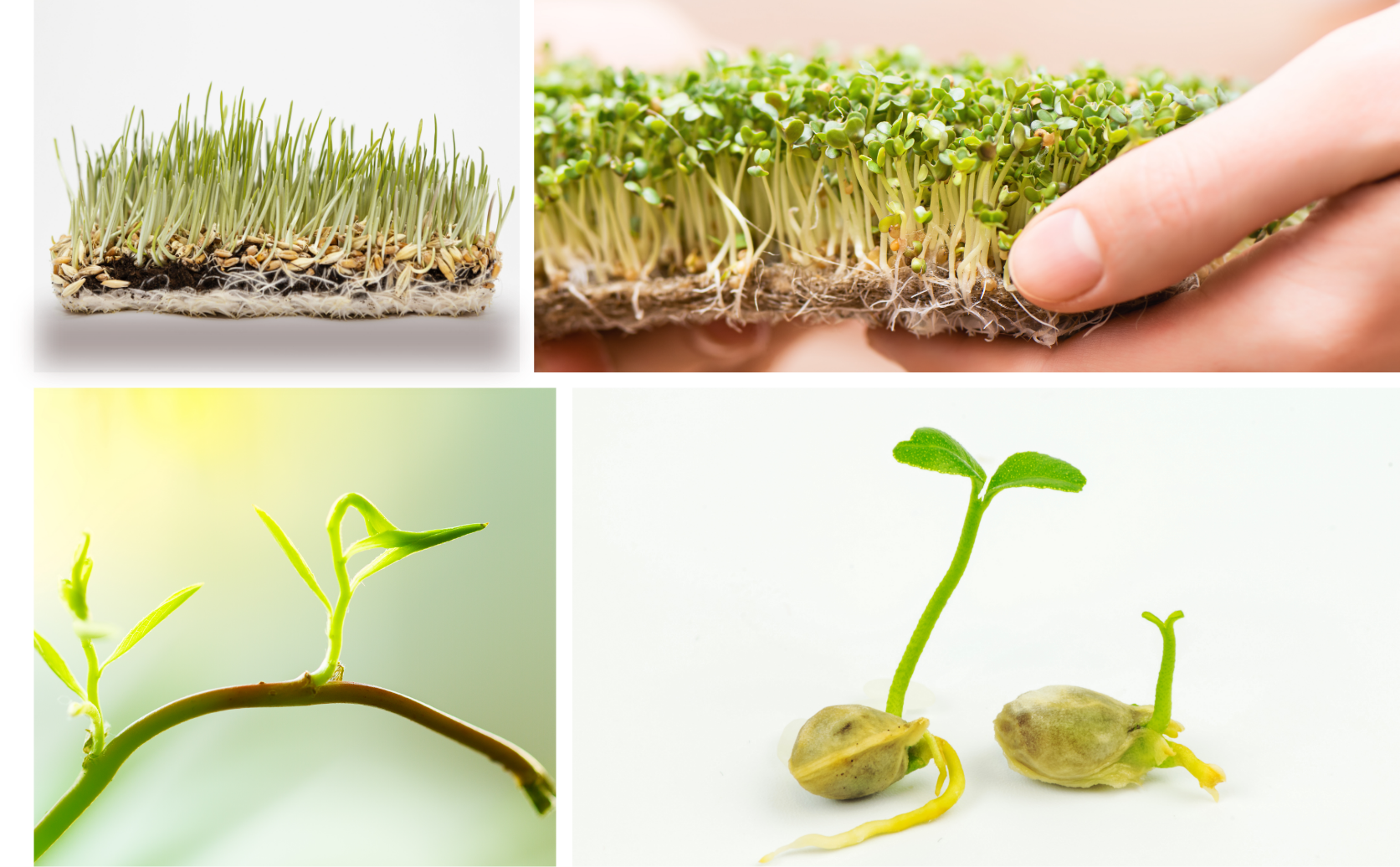Nutritious Sprouts in Cattle Diet
Sprouts are wonder foods. They rank as the freshest and most wholesome among all kinds of vegetables. Sprouts have been a part of the diet of many ancient races for thousands of years. Taking a cue from the food habits of ancient India, the Senior Managing Director of Govind Dairy has come up with the extremely functional and innovative idea of including sprouted grains and cereals in the cattle diet.
Increasing the milk production of lactating dairy cattle is a major challenge facing the dairy industry. Conventional diets of dairy cattle include agricultural byproducts such as oil cakes, de-oiled cakes, grains, grain wastes, dry and green fodder, etc. Dairy animals might become susceptible to various health problems related to reproduction, optimum production, metabolic disorders, and other diseases. In rearing of animals with the increased genetic potential of crossbred cows and high-yielding buffaloes, it is crucial to maintain the overall good health of the cattle rather than focus on production only.
What is sprouted food?
Sprouting is the next step of germination. It results after grains, legumes, or nuts are soaked in water for a period of time. Water removes certain metabolic inhibitors that protect the seed from bacterial invasion and preserve the seed during its dormant stage. During germination and sprouting the seed springs into life, increasing its nutritional value and digestibility. Inherent enzyme inhibitors, phytates, oxalates, etc. that act as protective shields in every seed, get removed and pre-digestion occurs. At this stage of pre-digestion, all the nutrients are converted into a simple and ready-to-absorb form.
Nutritional value of sprouted food:
There is great nutritive value in eating uncooked food such as fruits, certain vegetables, and most importantly germinating seeds or sprouted grains, legumes, and nuts. By a process of natural transmutation, sprouted food acquires vastly improved digestibility and nutritional qualities.
In the process of sprouting, the vitamins, minerals, carbohydrates, trace elements, and protein content of food increase substantially. Amino acids are present in their finest form in sprouted foods; enzymes and hormones are also present in ample quantity. The acid/alkali balance of the body is maintained with the help of enzymes present in our diet. If we process food above 48 degrees celsius these elements are wiped out. Enzymes have high healing power; almost every regulatory system in our body depends on enzymes and suffers by their depletion, therefore it is essential to have an enzyme-rich diet i.e. the sprouted food. Research has also proven sprouts to be a powerful antioxidant and that sprouted food increases the oxygen content of the body.
From animals to humans, the idea that the body can easily digest and assimilate cooked food properly might someday prove a wrong assumption of science. Processed food has reduced nutrient availability as it destroys enzymes, hormones, and oxygen and promotes acid accumulation in the body; it also interferes with digestion and weakens the immune system.
Application of sprouted diet in cattle feed by Govind Dairy:Govind Milk and Milk Products included sprouted feed in the diet of dairy cattle after thorough research and experimentation. Different combinations of sprouted grains were fed to selected cows and buffaloes from different stages of lactation as trial and control groups.
While feeding freshly sprouted grains and seeds to dairy cattle, we provide these animals with a rich supply of highly digestible nutrients in an appealing, succulent, high moisture alkaline form which stimulates appetite and rapidly improves metabolic processes in the entire body. Since sprouts are rich in digestible energy, bio-available nutrients, beneficial enzymes, and phytochemicals; they have the ability to eliminate detrimental substances such as phytic acid. Sprouting of grains causes loss of total dry matter, decrease in starch, increase in sugars, a slight increase in crude fat and crude fiber. Sprouts contain important antioxidants and include vitamins A (beta-carotene), C, E, flavonoids, and superoxide dismutase (SOD).
Feeding sprouts to the livestock at Govind Dairy, Phaltan has reaped multiple benefits










